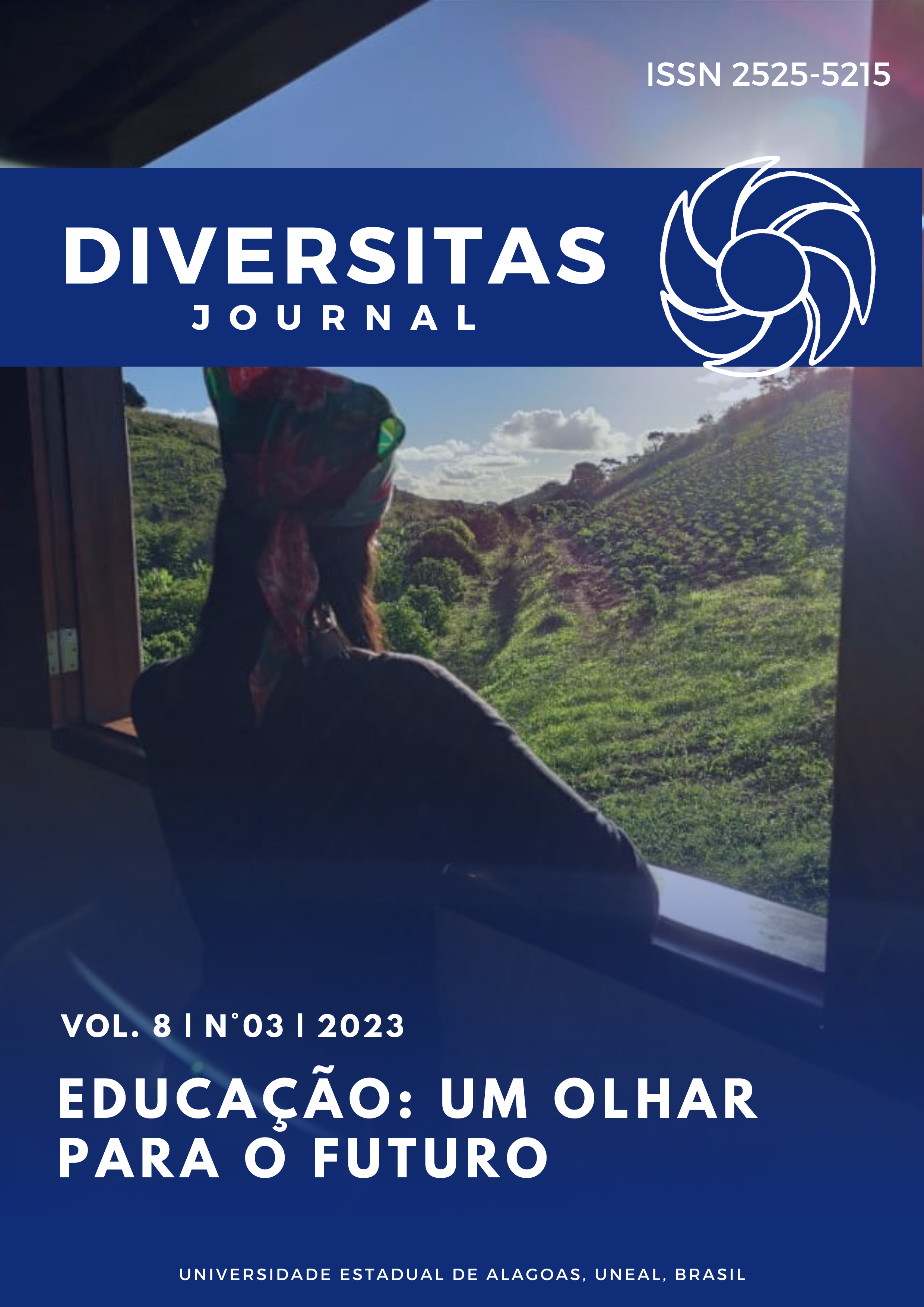Knowledge, Attitude, and Practices of Abaca Craft Producers
Philippine Illustrations
DOI:
https://doi.org/10.48017/dj.v8i3.2650Keywords:
Knowledge, Attitude, Practices, Abaca craft proceduresAbstract
The study determined the knowledge, attitude, and practices of abaca craft producers in Marihatag, Surigao del Sur. Specifically, the study sought to determine the socio-demographic profile and the knowledge, attitude, and practices in abaca craft production of the respondents. This study used a quantitative and qualitative research design, utilizing a set of questionnaires and an interview guide involving 134 abaca craft producers, who were selected through a random sampling method. The abaca craft producers were also interviewed through focus group discussion. The results indicated that respondents are 41 or older (41.8%), female (78.4%), have finished secondary level education (55.2%), have 5 to 6 dependents (38.06%), are married (70.9%), have been an abaca craft producer for less than a year (41.4%), and have attended 1 to 2 trainings (46.27%) on abaca craft production. It was found that the level of knowledge, attitude, and practices still needs improvement, with mean values of 3.46, 3.62, and 3.70, respectively. The intervention tools, therefore, should be developed to enhance knowledge, attitudes, and practices, particularly product development training and marketing support, due to the limited market area and the need to adapt to modern methods of marketing. It also identified the lack of funding for equipment and transportation vehicles, where the need to collaborate with local government units and other agencies is recommended. A proposal for a product development project for abaca craft producers is hereby recommended.
Metrics
References
Bock, et al (2005) Measuring Knowledge Retrieved from https://www.cjournal.cz/files/230.pdf
Butts et al., (2013) How important are work–family support policies? A meta-analytic investigation of their effects on employee outcomes Retrieved from https://psycnet.apa.org/doiLanding?doi
Carr (2000) A Study of Purchasing Practices in Taiwan Retrieved from https://www.emerald.co/insight/content/doi
Connolly & Viswesvaran, (2000) The role of affectivity in job satisfaction: a meta-analysis Retrieved from https://www.sciencedirect.com/science/article/abs/pii/S0191886999001920
Ebewore and Isiorhovoja (2019) Knowledge Status and Disease Control Practices of Cassava Farmers in Delta State, Nigeria: Implications for Extension Delivery Retrieved from https://www.degruter.com/document/doi/10.1515/opag-2019-0017/html
Gasson (1998) Educational qualifications of UK farmers: A review Retrieved from https://www.sciencedirect.com/science/article/abs/pii
Hogg & Vaughan (2005) Attitudes and Behavior Retrieved from https://www.simplypsychology.org/attitudes
Jain (2014) 3D Model of Attitude Retrieved from https://www.researchgate.net/profile/Vishal-U Jain12/publication/265567380_3D_Model_of_Attitude/links/5450f4cc0cf24e8f7376ada0/3D-Model-of-Attitude.pdf
Judge et al., (2002) Personality and leadership: A qualitative and quantitative review Retrieved from https://psycnet.apa.org/buy/2002-15406-013
Kalliath and Brough, (2008) Work–life balance: A review of the meaning of the balance construct Retrieved from https://www.cambridge.org/core/journals/journal-of-management-andorganization/article/abs/worklife-balance-a-review-of-the-meaning-of-the-balance-construct/
Kristof-Brown, Zimmerman, & Johnson, (2005) CONSEQUENCES OF INDIVIDUALS’ FIT AT WORK: A META-ANALYSIS OF PERSON–JOB, PERSON–ORGANIZATION, PERSON–GROUP, AND PERSON–SUPERVISOR FIT Retrieved from https://onlinelibrary.wiley.com/doi/abs/10.1111/j.1744-6570.2005.00672.x
Launiala, (2009) How much can a KAP survey tell us about people's knowledge, attitudes and practices? Some observations from medical anthropology research on malaria in pregnancy in Malawi Retrieved from https://www.anthropologymatters.com/index.php/anth_matters/article/view/31
Lichtfouse et al (2009) Agronomy for Sustainable Agriculture: A Review Retrieved from https://link.springer.com/chapter/10.1007/978-90-481-2666-8_1
Lucas et al., (2019) Soil structure formation along an agricultural chrono sequence Retrieved from https://www.sciencedirect.com/science/article/abs/pii/S0016706118321438
Meijer et al., (2015) The role of knowledge, attitudes and perceptions in the uptake of agricultural and agroforestry innovations among smallholder farmers in sub-Saharan Africa Retrieved from https://www.tandfonline.com/doi/full/10.1080/14735903.2014.912493
Miller, Rutherford, & Kolodinsky, (2008) Perceptions of Organizational Politics: A Meta-analysis of Outcomes Retrieved from https://link.springer.com/article/10.1007/s10869-008-9061-5
Nonaka, I. (2000) The Knowledge-Creating Company Retrieved from http://www.sietmanagement.fr/wp-content/uploads/2016/04/nonaka_1991.pdf
Noor and Dola (2011) Investigating Training Impact on Farmers’ Perception and Performance Retrieved from https://d1wqtxts1xzle7.cloudfront.net
Park et, al. (2015) Improving Learning Efficiency of Factual Knowledge in Medical Education Retrieved from https://www.sciencedirect.com/science/article/abs/pii/S1931720415000744
Ramesh and Madhavi (2009) OCCUPATIONAL STRESS AMONG FARMING PEOPLE Retrieved from http://repo.lib.sab.ac.lk:8080/xmlui/handle/123456789/859
Rivera et al., (2019) Smallholder Farmer Adoption of Climate-Related Adaptation Strategies: The Importance of Vulnerability Context, Livelihood Assets, and Climate Perceptions Retrieved from https://link.springer.com/article/10.1007/s00267-019-01152-z
Sadguna et, al,. (2017) Contributions of Household Income of Farmers as Palm Crafts Outside Agriculture Sector Retrieved from https://core.ac.uk/download/pdf/230597707.pdf
Schniter et. al., (2015) Skill ontogeny among Tsimane forager-horticulturalists Retrieved from https://onlinelibrary.wiley.com/doi/abs/10.1002/ajpa.22757
Subiyantoro (2021) Women's Roles in Adding Value to Wooden Crafts and Contributing to Family Income in Babung, Gunungkidul Retrieved from https://journal.ugm.ac.id/jurnal-humaniora/article/view/59182
Sumalde, A. (2001) Mapping the spread of abaca bunchy-top and mosaic diseases in the Bicol and Eastern Visayas Regions, Philippines Retrieved from https://www.researchgate.net/publication
Šūmane et al., (2018) Local and farmers' knowledge matters! How integrating informal and formal knowledge enhances sustainable and resilient agriculture Retrieved from https://www.sciencedirect.com/science/article/abs/pii/S0743016716302194
Vandamme, (2009) Cultural significance of medicinal plant families and species among Quechua farmers in Apillapampa, Bolivia Retrieved from https://www.sciencedirect.com/science/article/abs/pii/S0378874108006582
Velten et al., (2015) What Is Sustainable Agriculture? A Systematic Review Retrieved from https://www.mdpi.com/2071-1050/7/6/7833
Vijayalakshmi, K., et al (2014) Abaca Fibre Retrieved from https://d1wqtxts1xzle7.cloudfront.net
Waller, V.,Wilsby A. (2019) Abaca in the Philippines, an overview of a potential important resource for the country: Relating the tensile strength of the single fiber to the microfibrilar angle Retrieved from http://kth.diva-portal.org/smash/record.jsf?pid=diva2%3A1352495&dswid=5575
Downloads
Published
How to Cite
Issue
Section
License
Copyright (c) 2023 Ermie Lux Matildo

This work is licensed under a Creative Commons Attribution 4.0 International License.
The Diversitas Journal expresses that the articles are the sole responsibility of the Authors, who are familiar with Brazilian and international legislation.
Articles are peer-reviewed and care should be taken to warn of the possible incidence of plagiarism. However, plagiarism is an indisputable action by the authors.
The violation of copyright is a crime, provided for in article 184 of the Brazilian Penal Code: “Art. 184 Violating copyright and related rights: Penalty - detention, from 3 (three) months to 1 (one) year, or fine. § 1 If the violation consists of total or partial reproduction, for the purpose of direct or indirect profit, by any means or process, of intellectual work, interpretation, performance or phonogram, without the express authorization of the author, the performer, the producer , as the case may be, or whoever represents them: Penalty - imprisonment, from 2 (two) to 4 (four) years, and a fine. ”


















